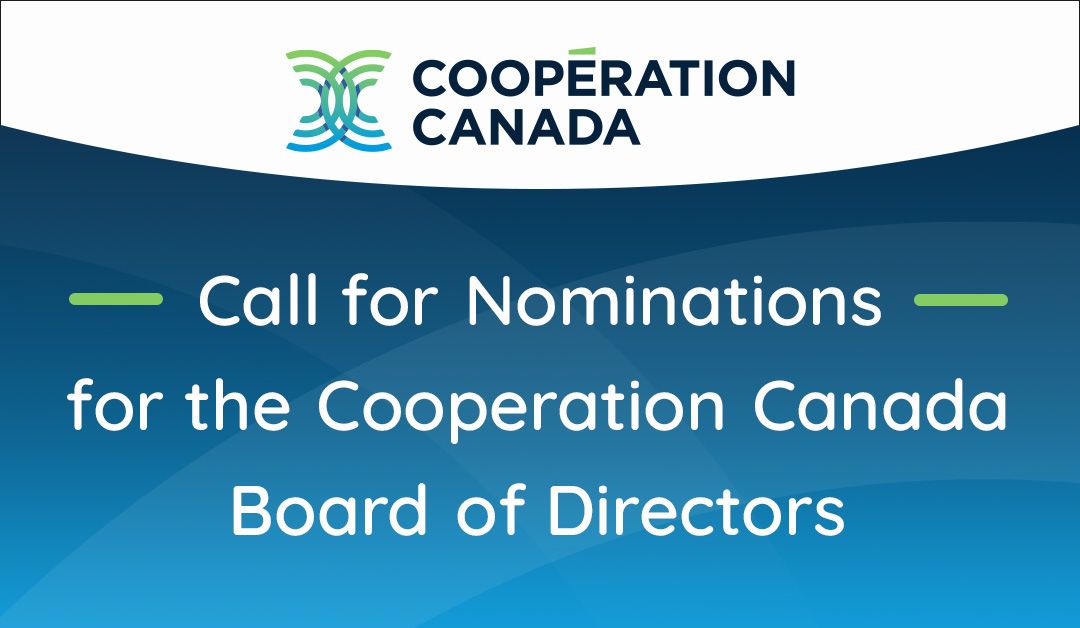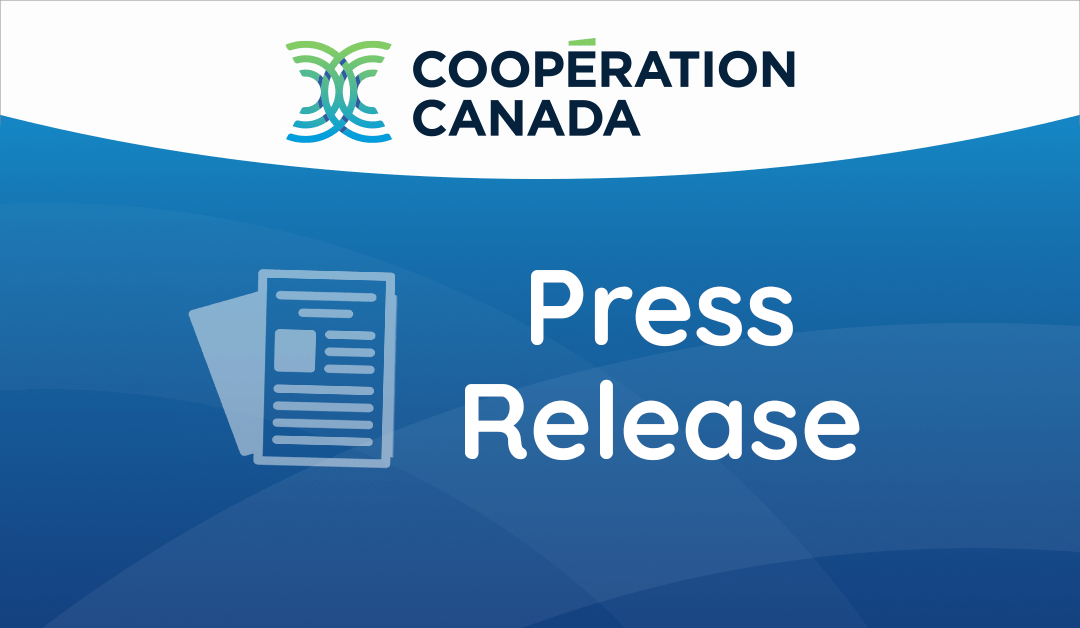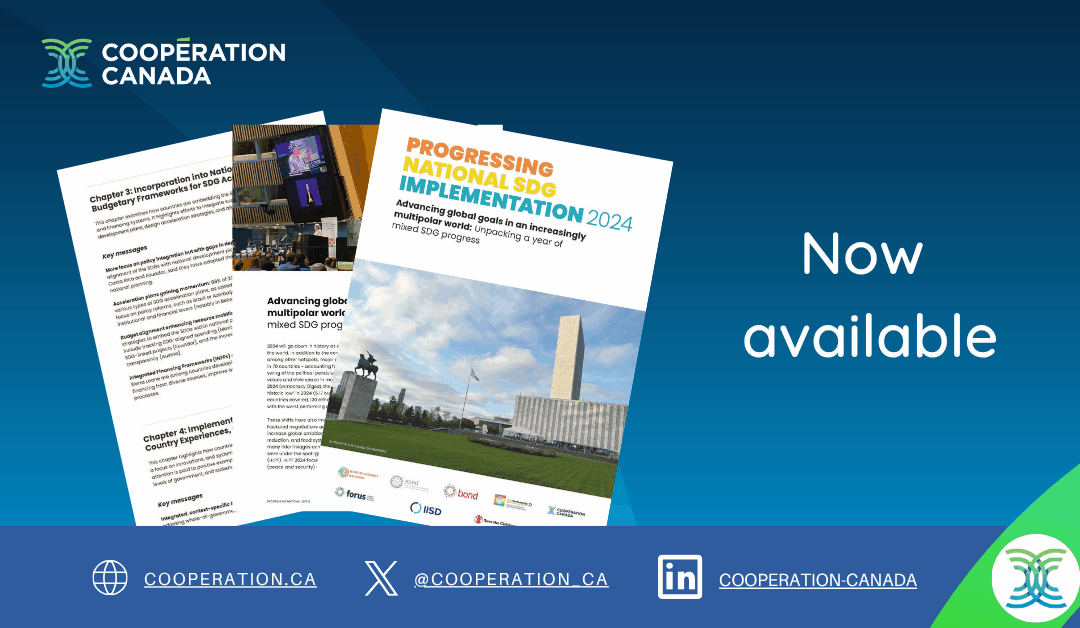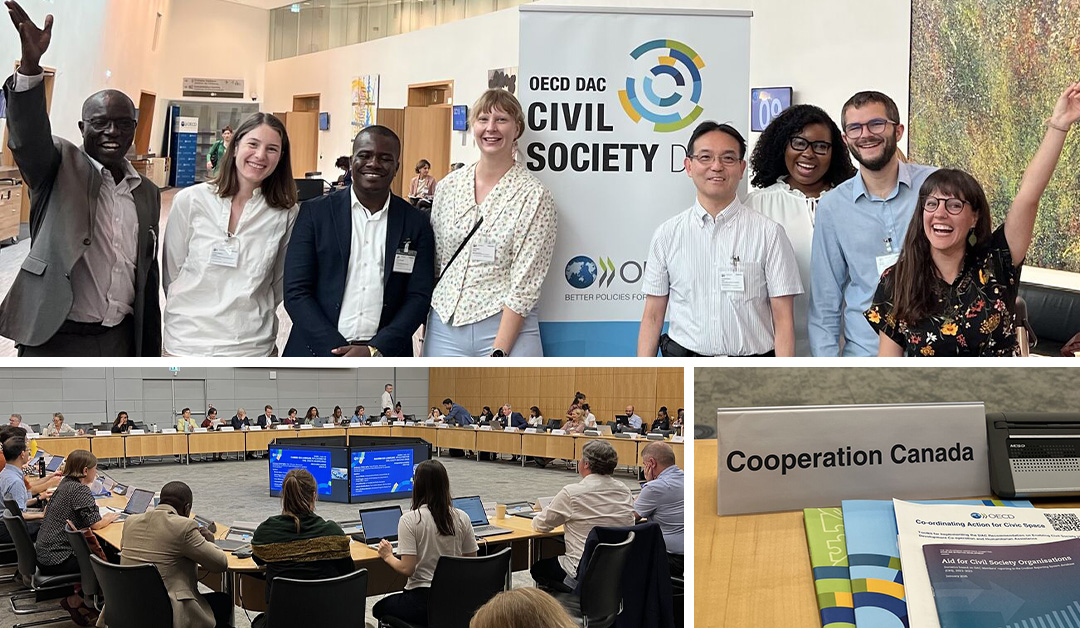
Cooperation Canada’s Half-Year in Review
Catch up on what we’ve been up to this year! Pivotal moments for the sector, past events, missed opportunities and what’s on our radar for the rest of the year. Have a great summer!
Cooperation Canada at the G7: Leading Civil Society, Advancing Global Solutions
In leading this year’s Civil 7 (C7), Cooperation Canada has played a central role in mobilizing civil society to influence global decision-making. In April, we hosted the C7 Summit in Ottawa, bringing together over 130 participants. The resulting C7 Communiqué called for urgent action on interconnected global crises emphasizing that real security and progress depend on global cooperation.
At the G7 Leaders’ Summit in June, we released our official G7 Response, recognizing some positive signals on human rights and civic space, while underscoring key gaps. Our CEO Kate Higgins noted that the Summit “failed to deliver the collective ambition needed to address escalating humanitarian crises, deepening inequality, conflict and threats to human rights.” We highlighted the imbalance between military spending and the lack of bold commitments to aid, climate and debt relief.
Throughout Canada’s ongoing G7 Presidency, Cooperation Canada has ensured civil society voices were heard by advocating for policies rooted in justice, solidarity and inclusion. Canada’s leadership of the G7 is not done, and you can be sure that Cooperation Canada will continue pressing for meaningful action and accountability in the months ahead.
Pushing for Bold Global Leadership During the Federal Election
During the last federal election, Cooperation Canada led a sector-wide push to keep conversations around foreign policy and international cooperation on the national agenda. In the face of growing global challenges, we called on political leaders to resist the temptation to turn inward and instead invest in Canada’s role on the world stage.
Through an open letter to party leaders, targeted engagement with sector working groups, and a joint statement endorsed by dozens of organizations, we delivered a clear message: “Investing in a strong, engaged Canada on the world stage is not just the right thing to do—it’s also in our interest”. Our global engagement is vital to our economic resilience, our security and our international credibility.
Cooperation Canada remains committed to championing a forward-looking, robust and coherent foreign policy that leverages development as a key pillar of global engagement, alongside diplomacy, defence and trade.
Cooperation Canada in the News
As we reflect on the first half of 2025, Cooperation Canada has been featured in numerous media stories, raising our voice on critical issues shaping global cooperation. Here are a few standout moments from our media coverage so far this year!
Our CEO Kate Higgins spoke to The Canadian Press about the ripple effects of the USAID office closures, underscoring the urgent need for Canada to reinforce its development commitments. Kate also appeared on CBC’s The National, where she called for renewed leadership in the face of a shrinking global aid landscape.
In The Globe and Mail, Kate stressed that with a new federal mandate in place, now is the time for Canada to reverse the erosion of aid and step up its role in addressing growing global challenges.
As G7 leaders met in Kananaskis, Alberta, Cooperation Canada urged Canada to advocate for a more inclusive agenda. In The Globe and Mail and Radio-Canada, Kate emphasized the importance that “as other G7 countries turn inward, Canada — this year’s G7 president — has a critical opportunity to lead.”
Cooperation Canada will continue to push for an ambitious, principled vision of Canada’s role in the world. More to come as we carry this momentum into the second half of the year!
Catch up on Missed Opportunities!
2025 has been a busy year for Cooperation Canada! Take a look back on our past events and read our recently released reports.
International Development Week 2025
As part of International Development Week this February, Cooperation Canada hosted a reception and film screening of The Legend of the Vagabond Queen of Lagos, in partnership with the International Development Research Centre (IDRC) and Justice & Empowerment Initiatives Inc. The event also included an unveiling of The Light, the painting by Métis artist Colleen Gray, a presentation from the IDRC team about their work on global democracy and a conversation with Temitope Ogungbamila, one of the film’s directors, who provided the local context and highlighted the important issues explored in the film, such as forced displacement and housing rights.
On February 6, 2025, we celebrated individuals and organizations making impacts in the sector at the Cooperation Canada Awards Ceremony. Congratulation to Katrina Leclerc, this year’s recipient of the Karen Takacs Award, along with both Roopan Gill and Développement International Desjardins, the individual and organizational winners of the Innovation and Impact Award with WUSC, in collaboration with the Trustees of the Lewis Perinbam Award!
Reports
Earlier this year, we published our first progress report on the Anti-Racism, Equity, Diversity, Inclusion and Justice (AEDIJ) Strategy and Action Plan (2023–2026). Rooted in solidarity, social justice and continuous learning, the report shares key milestones, ongoing challenges and our commitment to embedding AEDIJ principles across every aspect of our work.
In an effort to continuously evolve and take accountability, we have taken members’ considerations and concerns into our new and improved Code of Ethics.
The 2024 Canadian Aid Trends report, authored by Brian Tomlinson as a partnership between AidWatch Canada and Cooperation Canada, dives into four key areas: overall trends, changing priorities, tackling poverty and channels for delivering Canadian ODA.
Sector Events
Last month, Cooperation Canada hosted the PSEAH Dialogue with Global Affairs Canada, featuring PSEAH activists, government officials and civil society voices for an insightful conversation and a discussion on the future of the Leaders Pledge.
On June 5, 2025, humanitarian leaders from across the country gathered in Ottawa for the annual Head of Agencies Meeting—a high-level convening organized by the Humanitarian Response Network (HRN) and Cooperation Canada. Held against the backdrop of ongoing conflicts, displacement and climate-related emergencies, the meeting provided a crucial forum for strategic dialogue on Canada’s humanitarian engagement.
This February, in celebration of Black History Month, we featured Black Changemakers, Innovators and Disruptors shaping International Cooperation in a series of inspiring interviews. We also hosted the virtual event Redefining Global Development: Black Leadership in International Cooperation, with a dynamic panel that highlighted the contributions, challenges and leadership of Black professionals driving change on the global stage.






